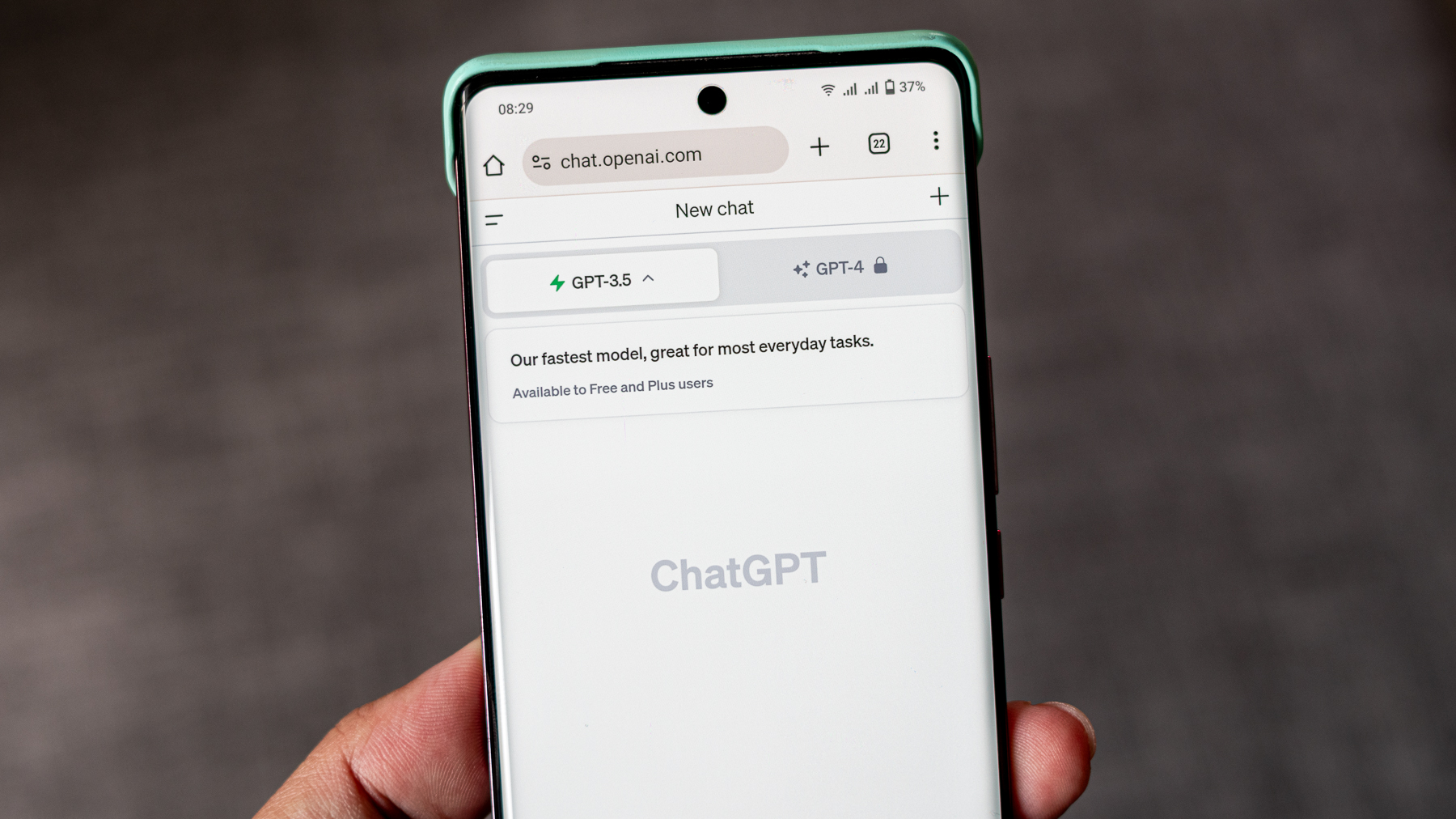A decade of OnePlus: Ranking my favorite OnePlus phones over the last 10 years
I used all the phones OnePlus released over the last decade. These are my favorites.
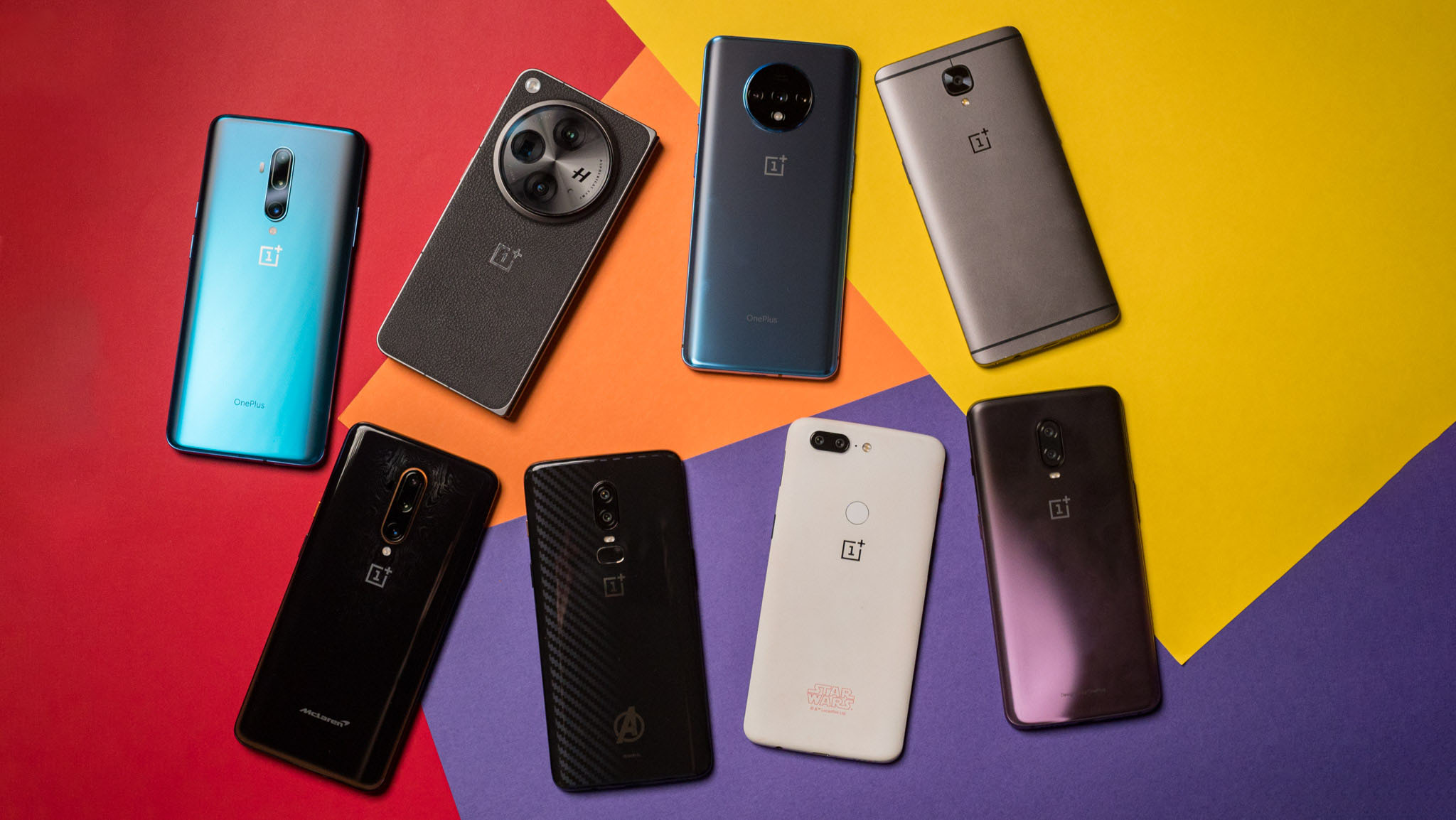
Ask any Android enthusiast what their favorite manufacturer is, and they'll inevitably say OnePlus. The Chinese company figured out the audience it wanted from the get-go, and its ability to deliver flagship hardware combined with best-in-class software meant it automatically attracted power users. While that direction has changed in recent years, OnePlus continues to deliver standout devices.
I distinctly remember being excited about getting my hands on the OnePlus One back in 2014; it wasn't as straightforward as it is today, as you needed an invite to pick up the phone. But I managed to secure one and bought the phone in the U.S. several months ahead of its release in India, and used it as my daily driver for well over a year.
I started writing about phones on Android Central shortly after that, and that allowed me to test all the phones OnePlus released in its ten-year history. The best part is that I got to use all of the brand's limited-edition models, so these are the five OnePlus phones I liked the most over the last decade.
OnePlus 7 Pro: Truly one of a kind
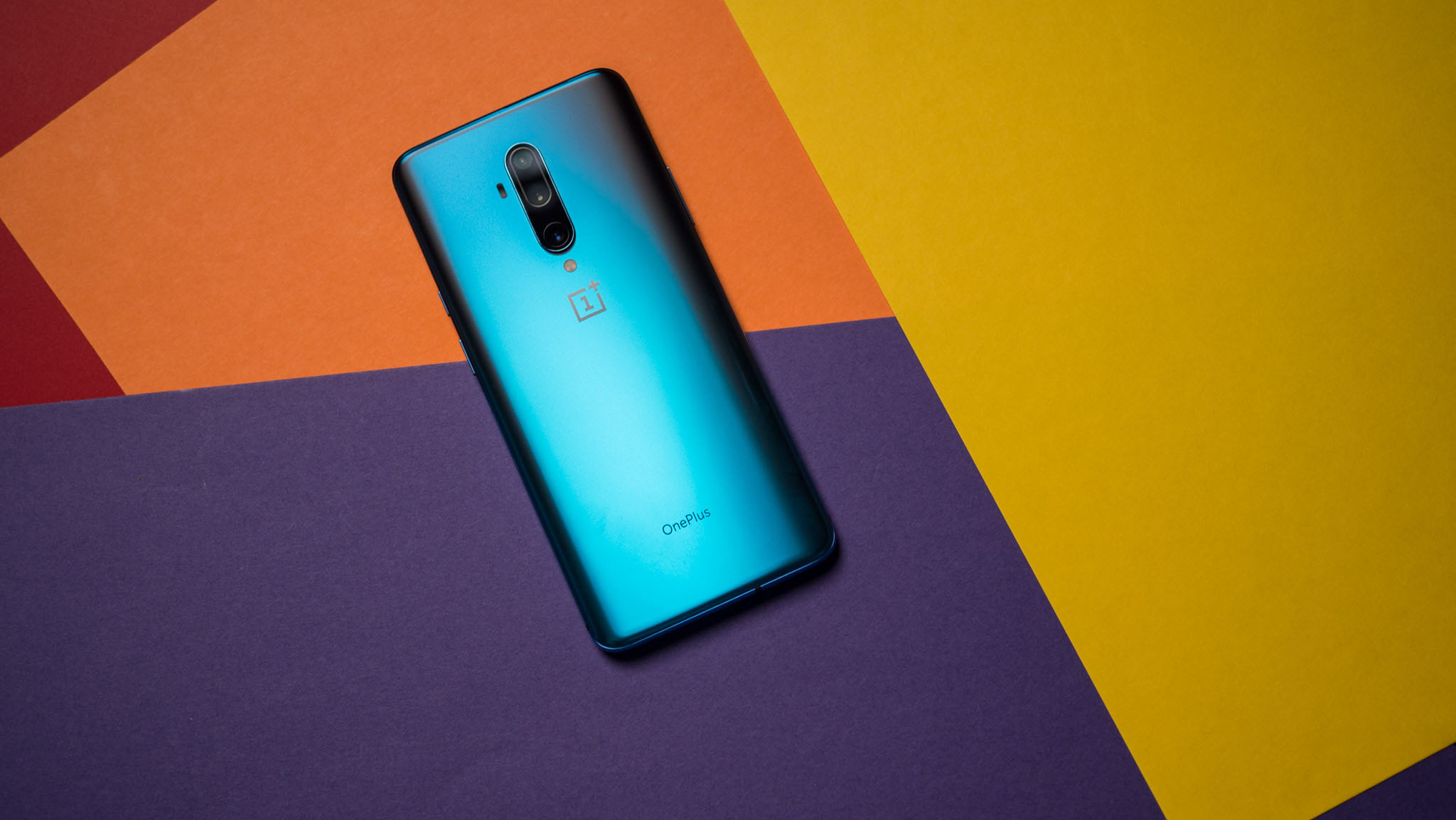
The OnePlus 7 Pro had it all: a stunning design, insane hardware, and a large battery. But what made the device stand out the most was the motorized camera module that effectively hid the front camera when not in use. This meant you got a screen that didn't have any cutouts, and it looked incredible.
Even to this day, the OnePlus 7 Pro looks futuristic, and the design has aged very well — it's a shame that manufacturers walked away from retractable cameras altogether. I think the design looks even better than the OnePlus 11, and that screen is just a delight to use. The Nebula Blue color variant looks exquisite, and when I reviewed the OnePlus 7 Pro back when it came out in 2019, I said that the device was large and heavy. It doesn't feel that way in 2023; modern phones have significantly bigger camera modules and batteries, and the 7 Pro looks svelte by comparison.
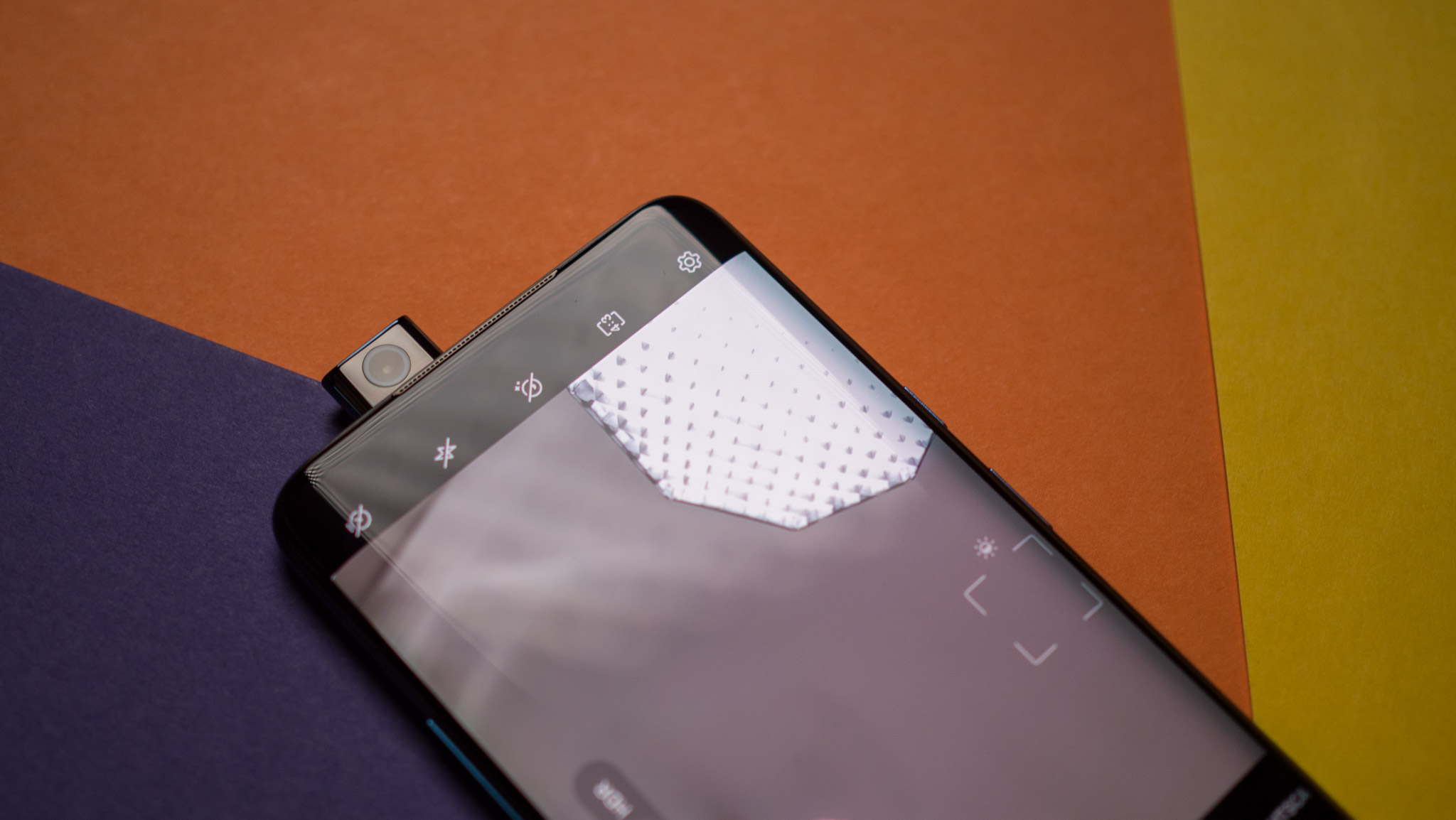
Although the design is still among the best of any phone today, the cameras on the OnePlus 7 Pro didn't quite measure up to what was available at the time, and subsequent updates haven't done much to change that. You can still get decent shots out of it, but it isn't anywhere as good as modern OnePlus phones in this regard.
Honestly, if OnePlus just launched a version of the 7 Pro with modern internals and better cameras, I think it will do really well. But the design language has moved on, and it is just wishful thinking to imagine that we'll get an updated variant of the phone. Of course, there's also the fact that you can't have an IP rating with a retractable module, and that's a table stakes feature these days.
Be an expert in 5 minutes
Get the latest news from Android Central, your trusted companion in the world of Android
OnePlus 7T: 4G's last hurrah

The OnePlus 7T closely follows on the heels of the 7 Pro as one of my favorite OnePlus phones. The phone took the best bits of the 7 Pro but made them more accessible; you still got a 90Hz AMOLED panel, but the display itself was flat, and that made it easy to hold and use. And that circular camera design at the back is just as good today as it was when it launched back in 2019.
Because there wasn't a retractable camera module, the 7T was 16g lighter than the 7 Pro, and that combined with the flat display made a sizable difference in daily use. I had no shortage of review units at the time, but I ended up using the 7T well into 2020. It also had the distinction of being the last of the 4G phones — all the devices that came in 2020 had 5G radios that guzzled battery life, so I just recommended the 7T to those who didn't want to buy a 5G phone.
The OnePlus 7T launched with OxygenOS 10 out of the box, and that was the zenith of OnePlus's software efforts. OnePlus 11 was a convoluted mess that didn't have a coherent design strategy, and OnePlus just decided to use ColorOS after that. But with the 7T, you got the best that OxygenOS had to offer, and it was incredible to use. In my OnePlus 7T review, I said that it was the ultimate value at the time, and I still see these devices in the wild.
OnePlus Open: Taking OnePlus to soaring heights
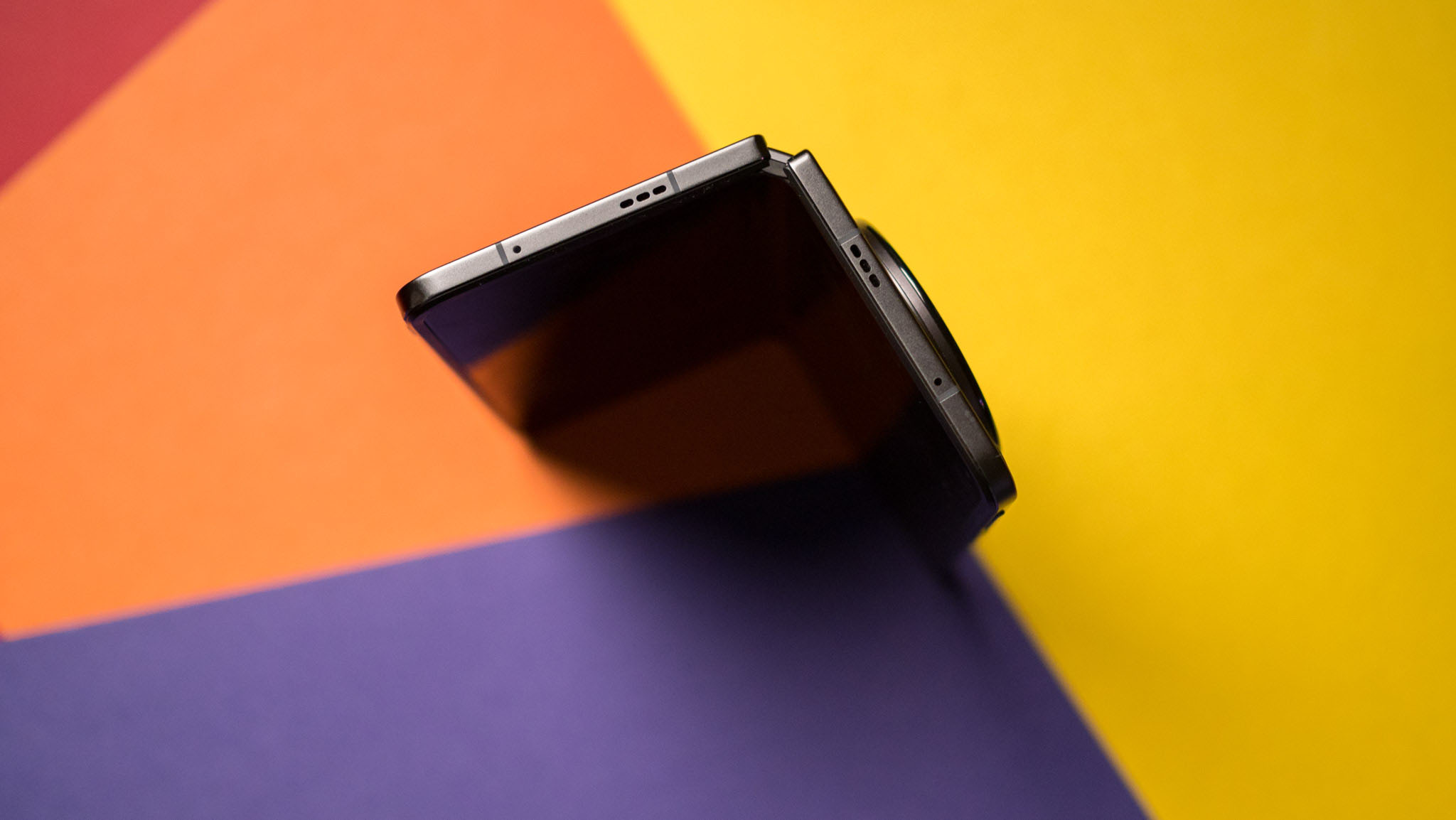
The OnePlus Open is the only recent OnePlus device on this list, and that's a testament to how good the foldable is in daily use. OnePlus nailed the design and hardware, and the software has plenty of useful utilities, and OnePlus sorted out the initial issues that I ran into with my review unit.
Where the Open truly excels is the size; thanks to a large outer screen and a shorter design, it is perfect to hold and use. While you lose out on a little vertical real estate, that isn't really an issue, and I much prefer the wider cover screen to the tall-and-narrow abomination that is on the Galaxy Z Fold 5.
OnePlus also outfitted the foldable with one of the best camera packages in the segment, and it takes fantastic photos and videos in just about any scenario. And with the same long-term update guarantee as Samsung, the phone will stay relevant a lot longer. Honestly, this is my favorite foldable of 2023, and the fact that it's available globally gives it a distinct edge against its Chinese rivals Xiaomi and Honor.
OnePlus 6T: Ushering in a new era of design
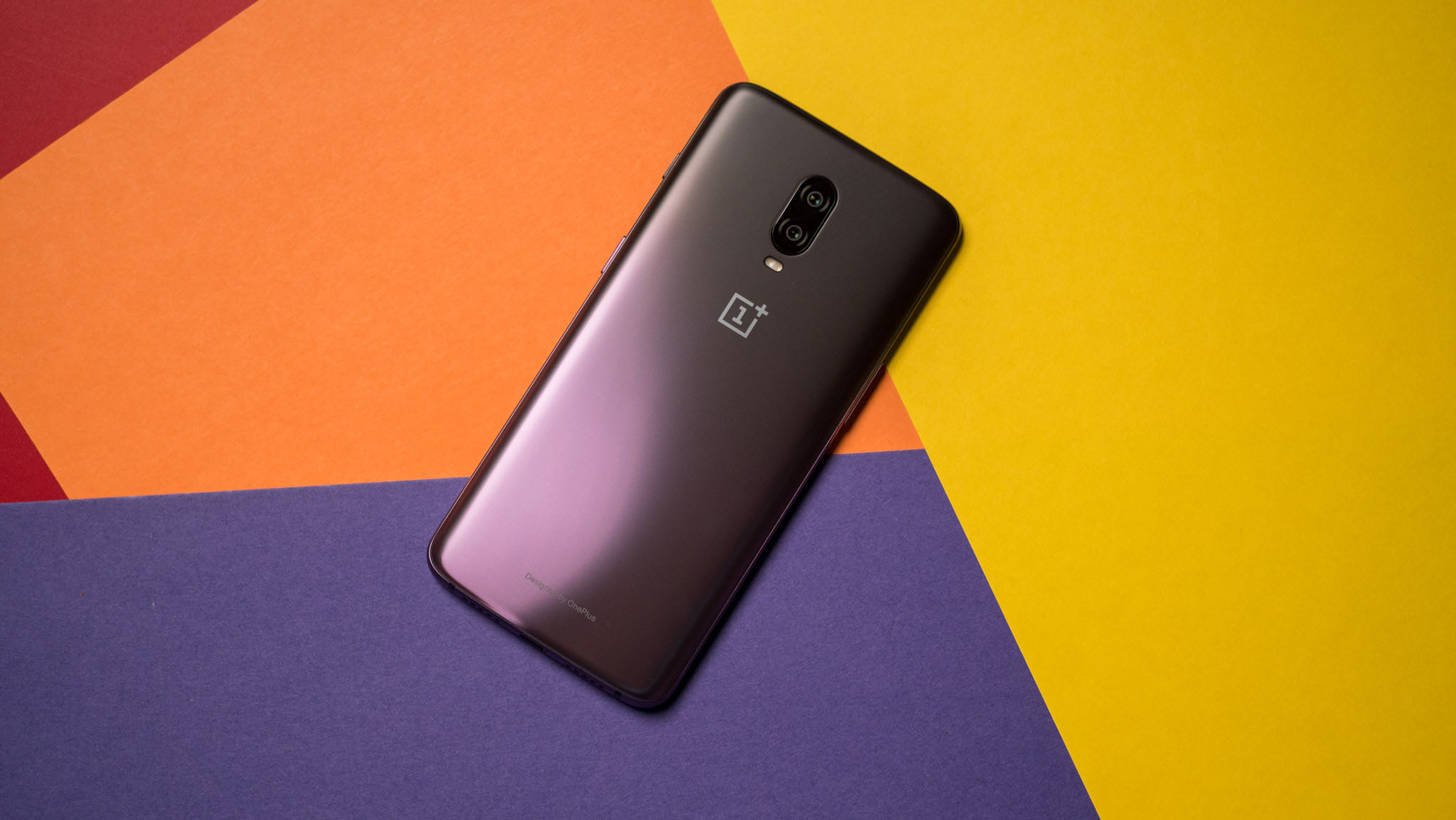
I wasn't a huge fan of the OnePlus 6T when it launched as it didn't have a 3.5mm jack. That said, the OnePlus 6 and 6T have to be among the best-looking OnePlus phones ever made. These phones introduced the metal-and-glass design aesthetic that's continuing to this day, and the 6T in particular had a gorgeous design thanks to an in-screen fingerprint sensor.
There's also the color, and the Thunder Purple variant of the OnePlus 6T just hit all the right notes. And on that note, I have to mention the Lava Red version of the regular OnePlus 6; that still continues to be the best color option OnePlus introduced on a device to date — the Solar Red OnePlus 11R gets very close, but it doesn't quite manage the same effect.
Yes, the waterdrop cutout looks big next to current-gen phones, but the 6T itself is significantly smaller, thinner, and lighter than the likes of the OnePlus 11, and it just feels great to hold and use. The tiny camera module with just two sensors also looks quaint — you don't get that anymore.
When I revisited the OnePlus 6 and 6T in 2020, I said that they aged very well, and a lot of that was down to the design and hardware. Like all other OnePlus phones, the 6T delivered terrific hardware and a good AMOLED panel, but the biggest issue was the camera — it just wasn't on par with the likes of the Mi 8.
OnePlus 3T: OnePlus goes mainstream
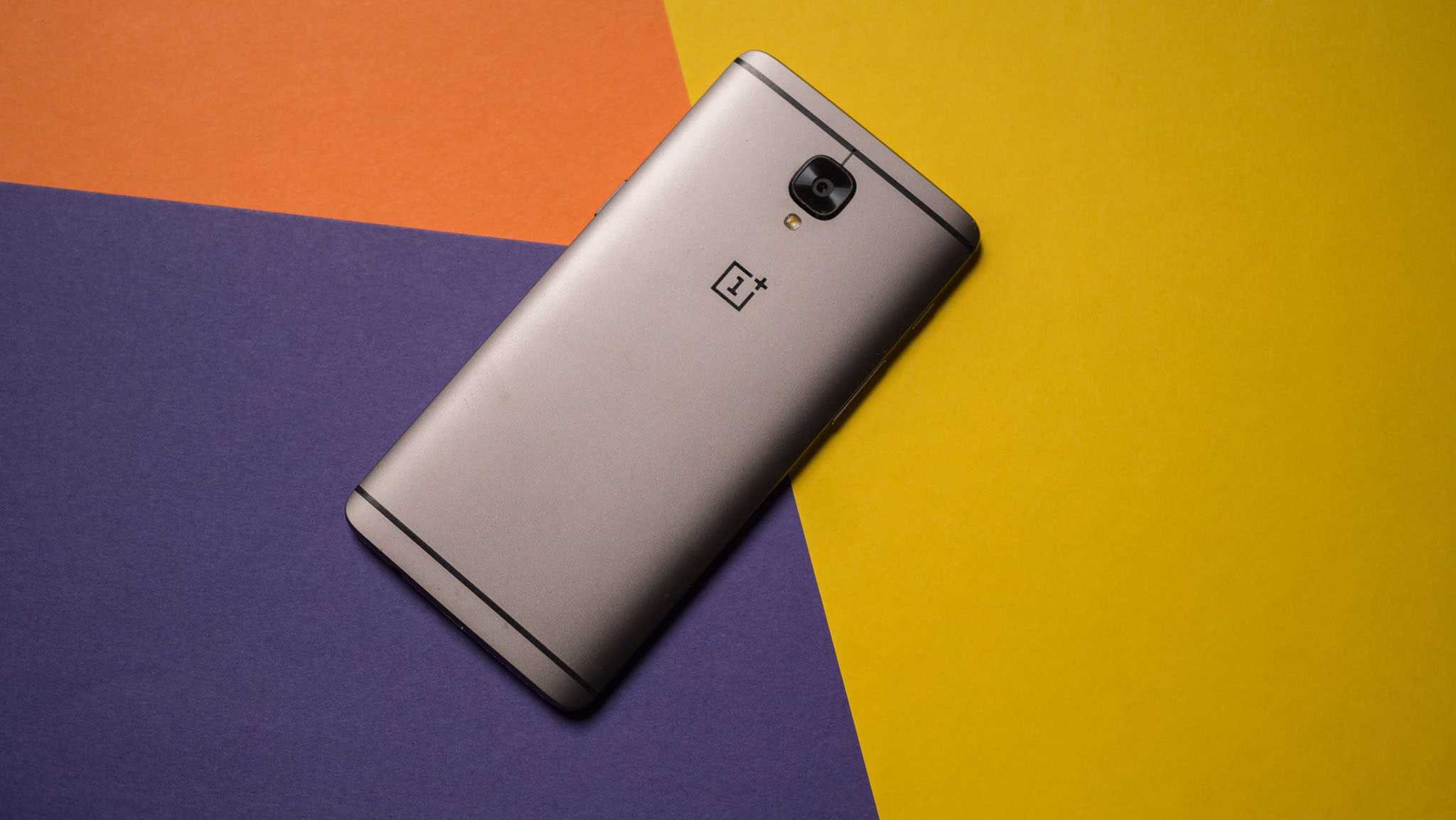
Sure, the OnePlus One and OnePlus 2 were pivotal in putting the brand on the map, and as good as the hardware was, the design wasn't very refined. That changed with the introduction of the OnePlus 3 and 3T back in 2016. These phones featured a metal back that was exquisite, and they enabled OnePlus to target mainstream buyers — this is when the brand started gaining real momentum.
Of course, the hardware also played a big role in that, but the all-metal design allowed these devices to go up against the best that Samsung and Xiaomi had to offer at the time. The OnePlus 3T had its foibles; the screen was prone to breaking if you looked at it wrong, there was no MicroSD slot, and the camera was strictly average. Nevertheless, the combination of low price and stellar hardware ensured the OnePlus 3T sold incredibly well globally.
Honorable mention: Limited edition phones
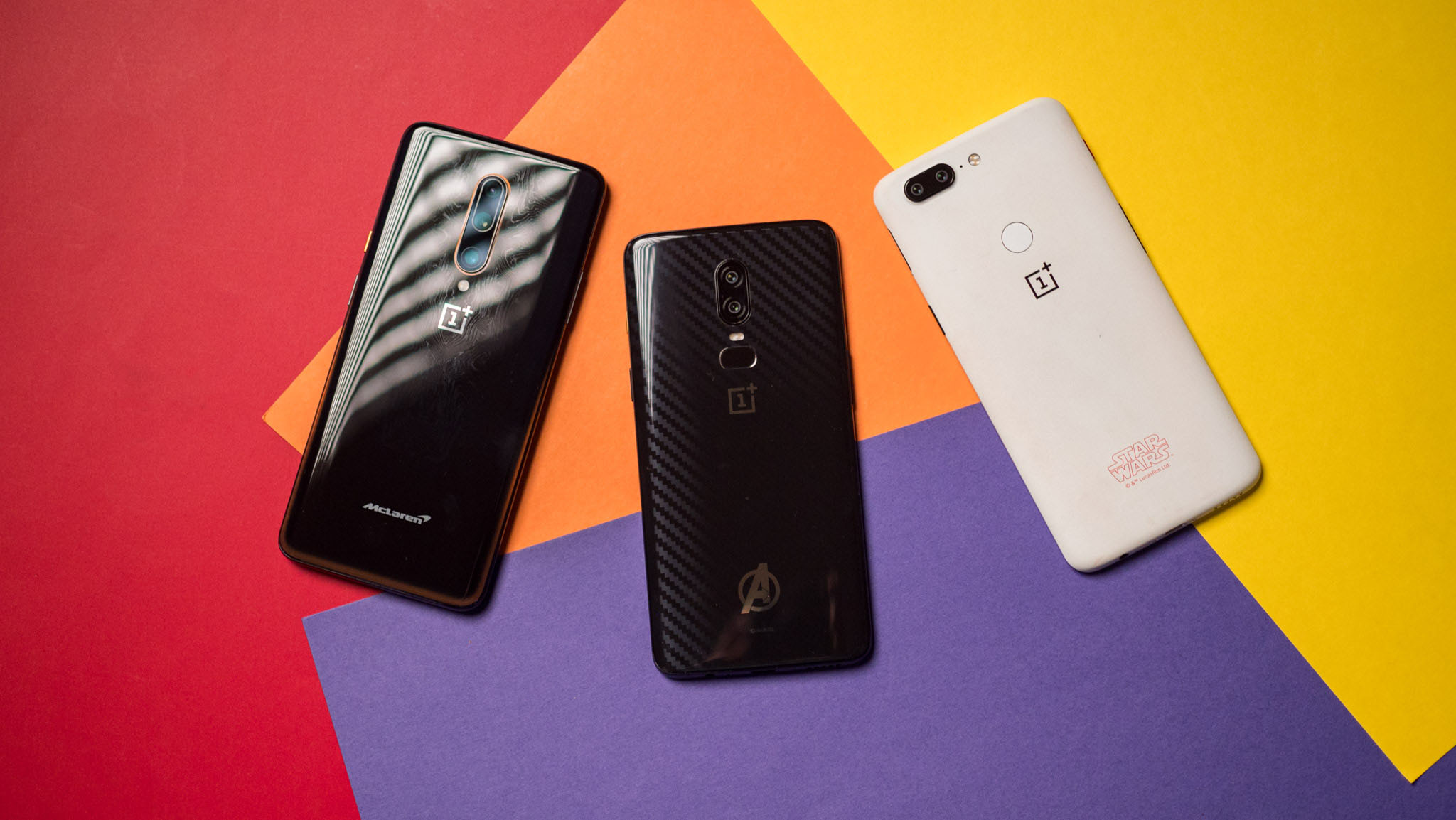
To me, OnePlus is at its best when launching custom editions of its phones. And there has been no shortage of that over the last 10 years; it kicked off with the OnePlus 5T Star Wars edition, a tie-in to Star Wars: The Force Awakens. The phone had a stunning white color variant that resembled the sandstone finish of the OnePlus One, and it had plenty of custom backgrounds and red accents throughout.
The OnePlus 6 Marvel Avengers edition was similarly interesting, and while it didn't have the same attention to detail, OnePlus bundled a lot of accessories in the box. But my favorite has to be the OnePlus 7T Pro McLaren edition; as a decades-long F1 fan, it was enthralling to see a OnePlus phone with McLaren livery, and while it could have done more with the design — I wanted a phone decked out in McLaren's distinctive orange color — it was a terrific collaboration nevertheless. I'm still miffed that I wasn't able to go to Woking.
While OnePlus isn't collaborating with other brands over limited edition devices these days, it still makes custom variants of its phones; the OnePlus 11 Marble Odyssey version is exquisite, as is the OnePlus 11R Solar Red.
It feels like just yesterday that OnePlus burst onto the scene. The manufacturer did a great job endearing itself to power users, and while it lost its way over the last two years, it has regained some of its earlier passion in 2023. It's going to be a busy start for the brand next year with the introduction of the OnePlus 12, and I can't wait to see what the next decade brings.

Harish Jonnalagadda is Android Central's Senior Editor overseeing mobile coverage. In his current role, he leads the site's coverage of Chinese phone brands, networking products, and AV gear. He has been testing phones for over a decade, and has extensive experience in mobile hardware and the global semiconductor industry. Contact him on Twitter at @chunkynerd.
